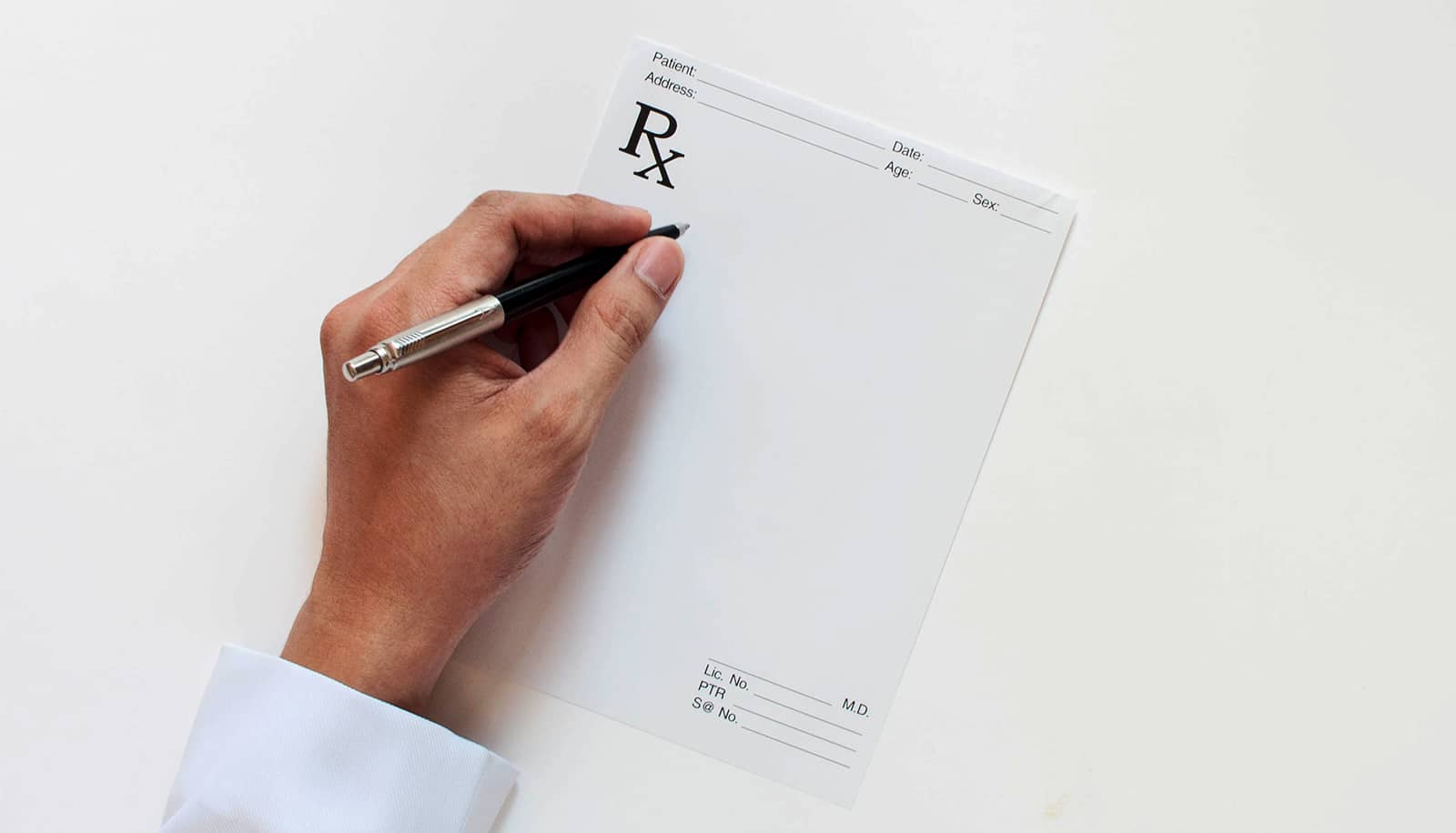A survey has found that physicians believe patients often get more tests and treatment than they need, driven mostly, the doctors say, by fear of malpractice claims.
“Interestingly, but not surprisingly, physicians implicated their colleagues (more so than themselves) in providing wasteful care…”
Patients’ demands for treatment and providers’ profit motives also contribute to the problem, the researchers conclude after a survey of physicians.
“Unnecessary medical care is a leading driver of the higher health insurance premiums affecting every American,” says Martin Makary, a professor of surgery and health policy at the Johns Hopkins University School of Medicine. He is senior author of the paper in PLOS ONE.
Excess medical services represent the majority of wasted health care resources and costs in the United States, accounting for an estimated $210 billion in unnecessary spending each year, the National Academy of Medicine says. Studies consistently show that overtreatment is also directly associated with preventable patient harm.
Increasingly, Makary says, professional societies and other health care organizations are focusing on campaigns to reduce unnecessary medical care. Direct estimates by physicians of how much unnecessary care occurs, however, have been limited.
The research team—part of a national consortium exploring ways to reduce unneeded care—invited 3,318 physicians to complete a survey about health care practices. There were more than 2,100 responses. A majority of the doctors said they believed that at least 15 to 30 percent of medical care is unneeded.
The researchers calculated the interpolated median of doctors’ estimates of unneeded care of various types. By that measure, the respondents believe that 22 percent of prescription medications, 24.9 percent of tests, and 11.1 percent of procedures are unnecessary. The median for overall medical care was 20.6 percent.
“Interestingly, but not surprisingly, physicians implicated their colleagues (more so than themselves) in providing wasteful care,” says Daniel Brotman, a professor of medicine at Johns Hopkins and a coauthor of the paper. “This highlights the need to objectively measure and report wasteful practices on a provider or practice level, so that individual providers can see where they might improve.”
Doctors say electronic health records hurt patient care
The top three reasons cited for overuse of resources were fear of malpractice (mentioned by 84.7 percent of respondents), patient pressure/request (59 percent), and difficulty accessing prior medical records (38.2 percent).
The median response for physicians who perform unnecessary procedures for a profit motive was 16.7 percent. Physicians with at least 10 years of experience after residency and specialists were more likely to believe that doctors perform unnecessary procedures when they profit from them.
The doctors surveyed said that potential solutions to the problem were training medical residents on appropriateness criteria for care (55.2 percent of respondents), easy access to outside health records (52 percent), and more evidence-based guidelines on what care to give (51.5 percent).
“Most doctors do the right thing and always try to,” Makary says. “However, today ‘too much medical care’ has become an endemic problem in some areas of medicine. A new physician-led focus on appropriateness is a promising homegrown strategy to address the problem.”
Some U.S. states do little to punish doctors who misbehave
Additional coauthors of the study are from Johns Hopkins University, Harvard University Medical School, and the Lown Institute. The Richison Foundation funded the study.
Source: Johns Hopkins University



